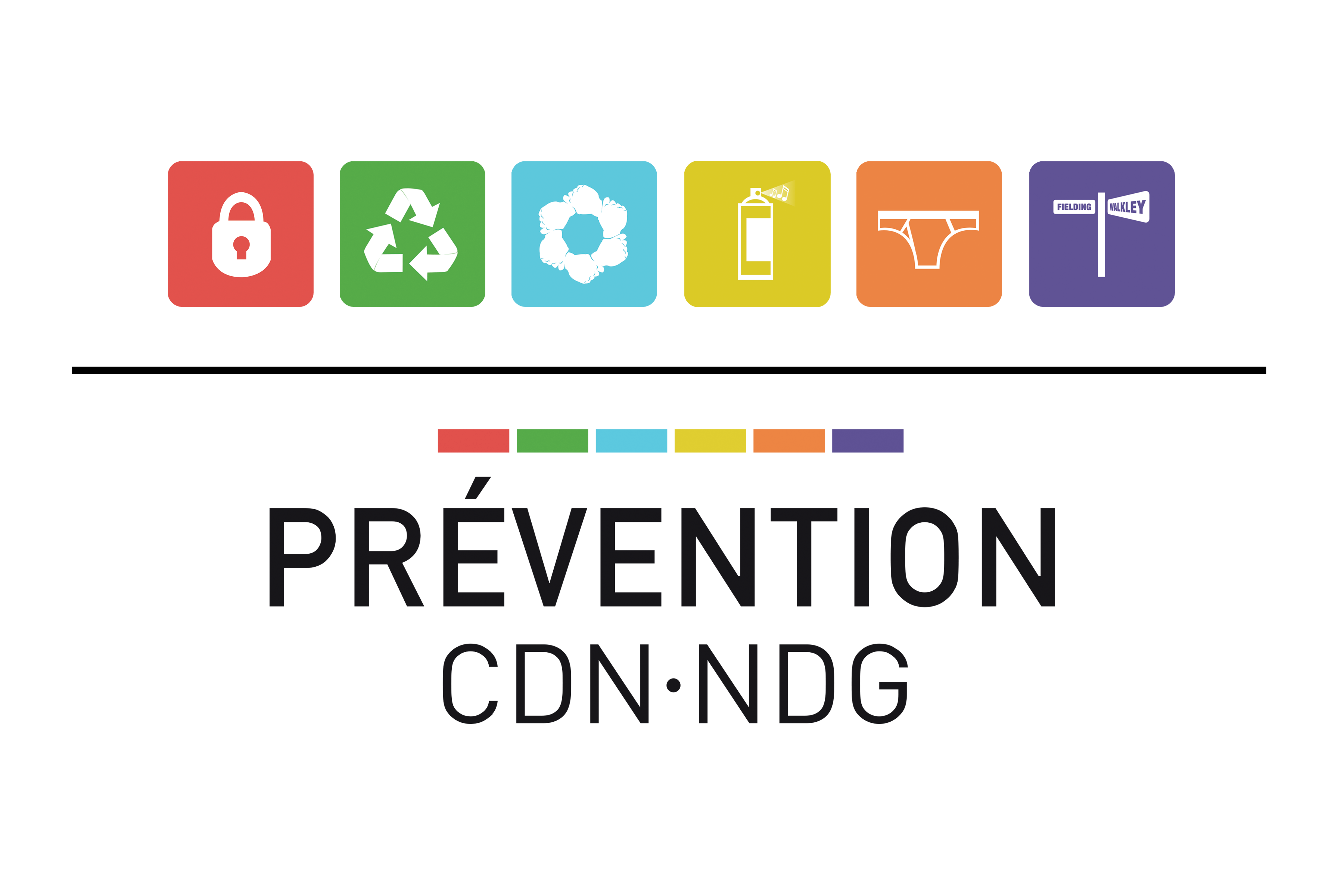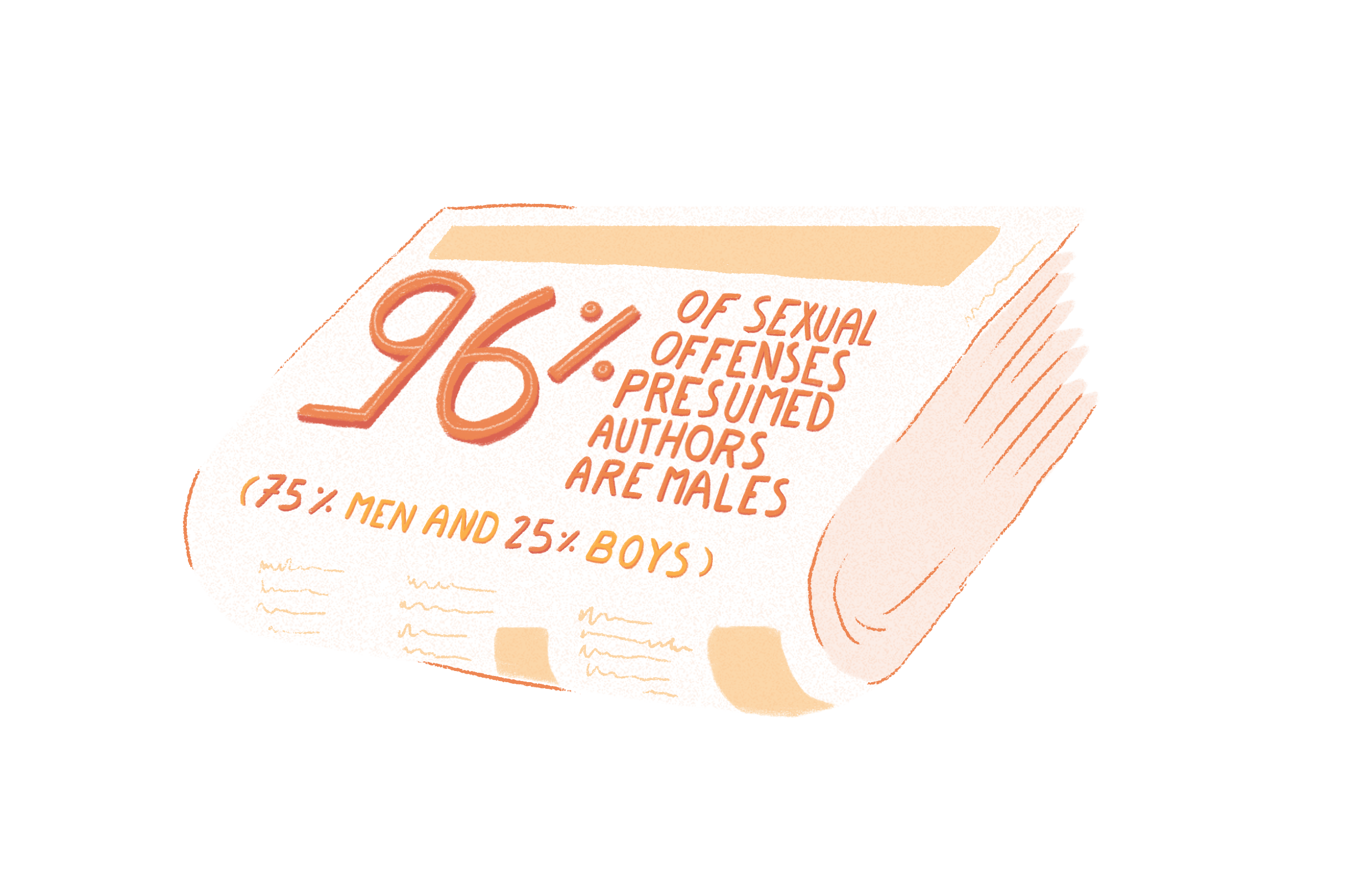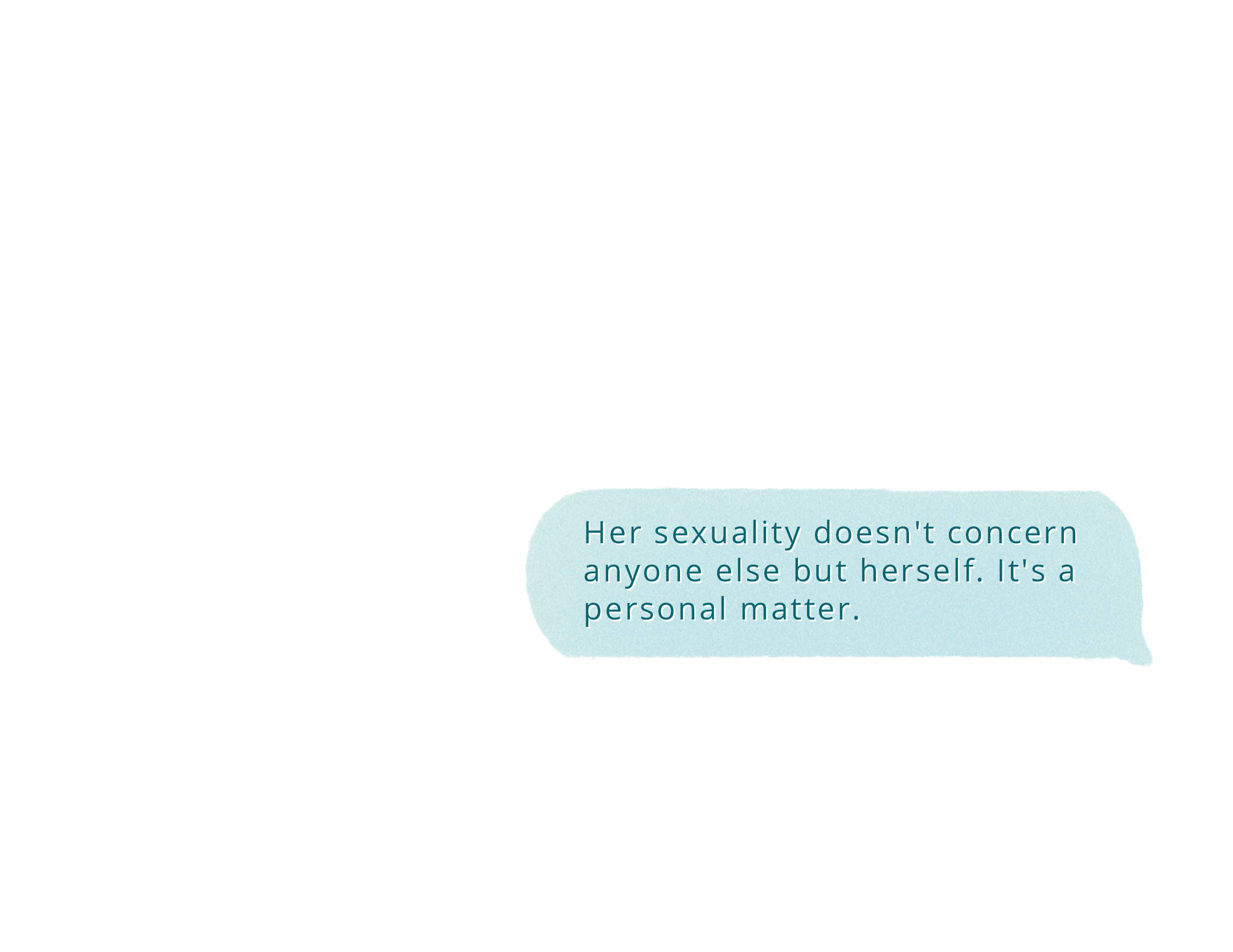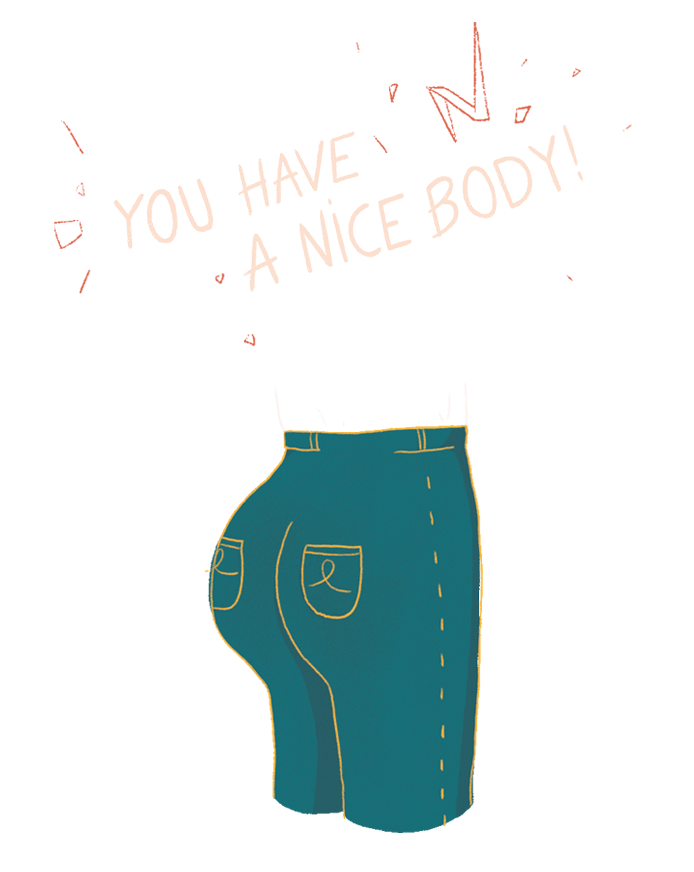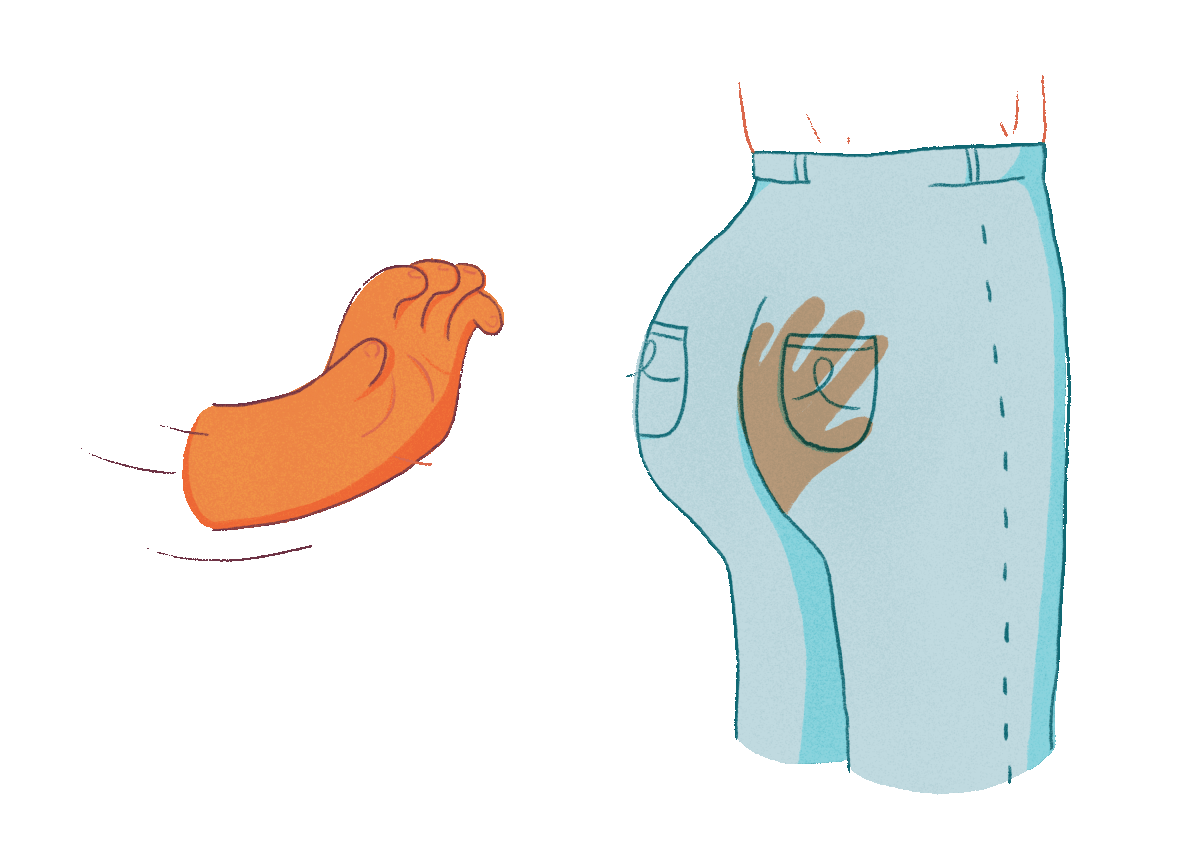The project
The Culture of Consent project aims to create tools for the prevention of, and intervention in, situations of sexual harassment, all while encouraging consent culture.
The Culture of Consent project aims to create tools for the prevention of, and intervention in, situations of sexual harassment, all while encouraging consent culture.
In accordance with the project’s objectives, a context study and a needs evaluation as relates to identifying, preventing and intervening in cases of sexual harassment in youth aged 12 to 17 in the targeted area were carried out (2018-2019). To accomplish this, discussion groups for adolescents as well as for school and community workers were formed. This study gave us a better understanding of shared concerns for each respective group as well as their level of knowledge and awareness about consent culture and sexual violence. This first phase also led to the developing of partnerships with different community leaders. Over the second phase (2019-2020), tools were created in order to respond to the needs, observations and recommendations identified by the research. The third and last phase of the project (2020-2021) is entirely dedicated to the implementation and sharing of these tools in different schools and communities targeted by the project.
The project’s goal is to propose changes to, and offer tools for the development of, policies and intervention practices for sexual harassment, and at a larger scale, sexual violence. Communities will then be better equipped to prevent, identify, and intervene in situations of sexual harassment, and at a larger scale, of sexual violence, with a perspective of gender equality.
Équipe
Coordinator
Communications Manager
Consultant and ex-coordinator
Graphic designer
Remerciements
The Culture of Consent project was made possible thanks to financial support from the Canadian Minister for Women and Gender Equality.
We offer our sincere thanks to all of our partners who have generously contributed their time, perspective and expertise to this project from its very start.
Illustrations, graphic design for the toolkit, video animation
Web design and development, social media
